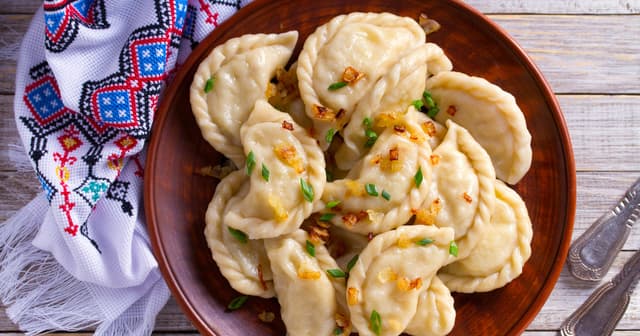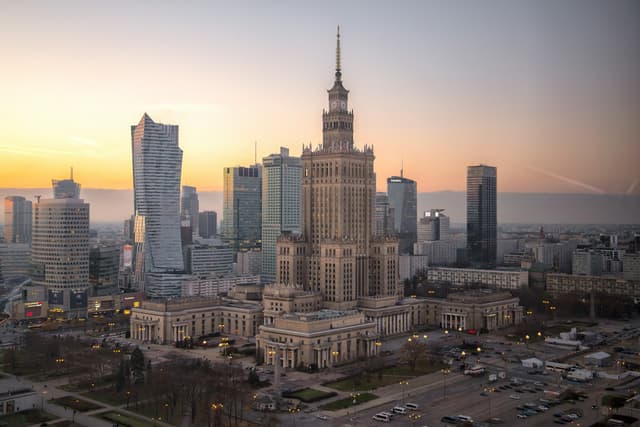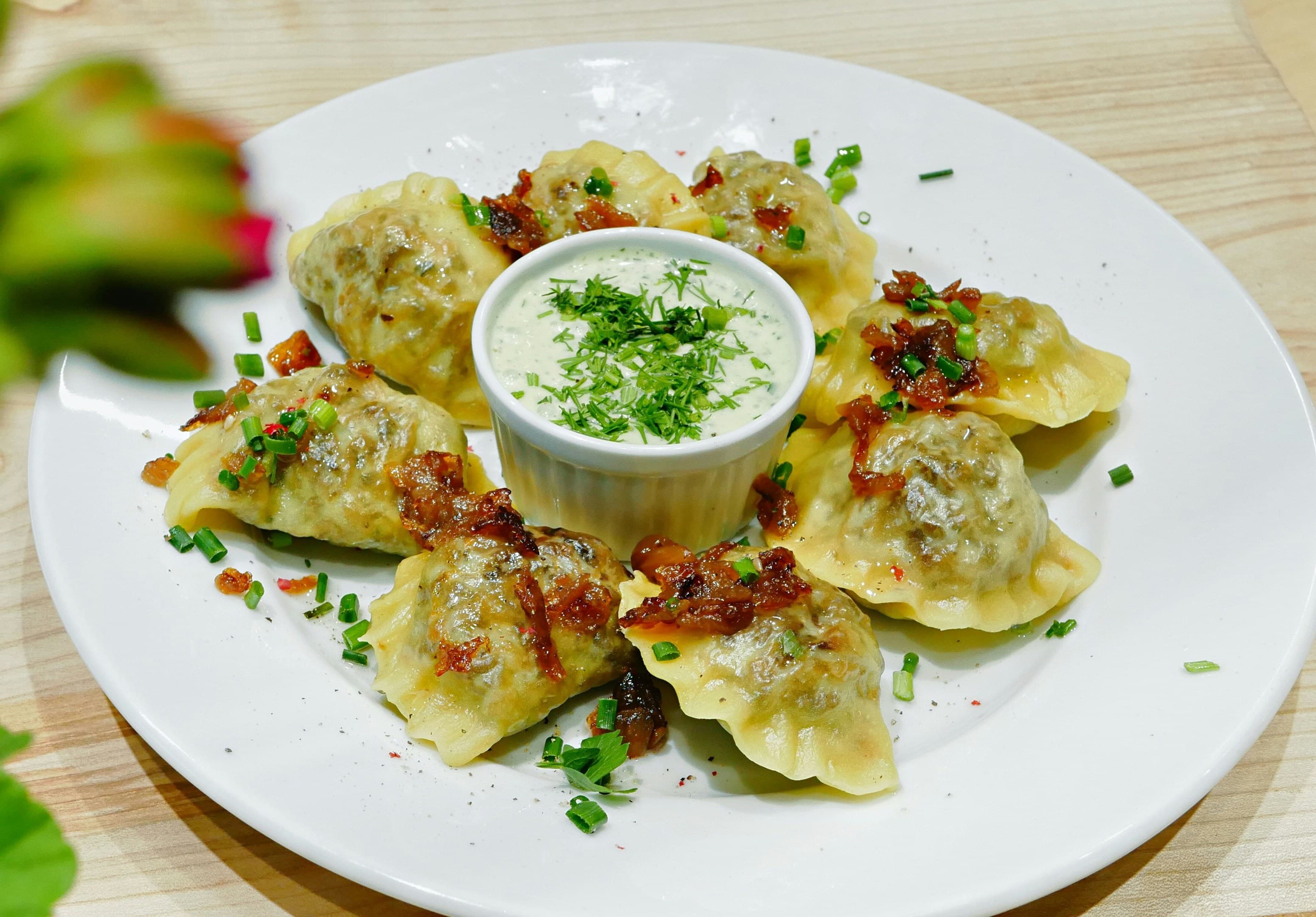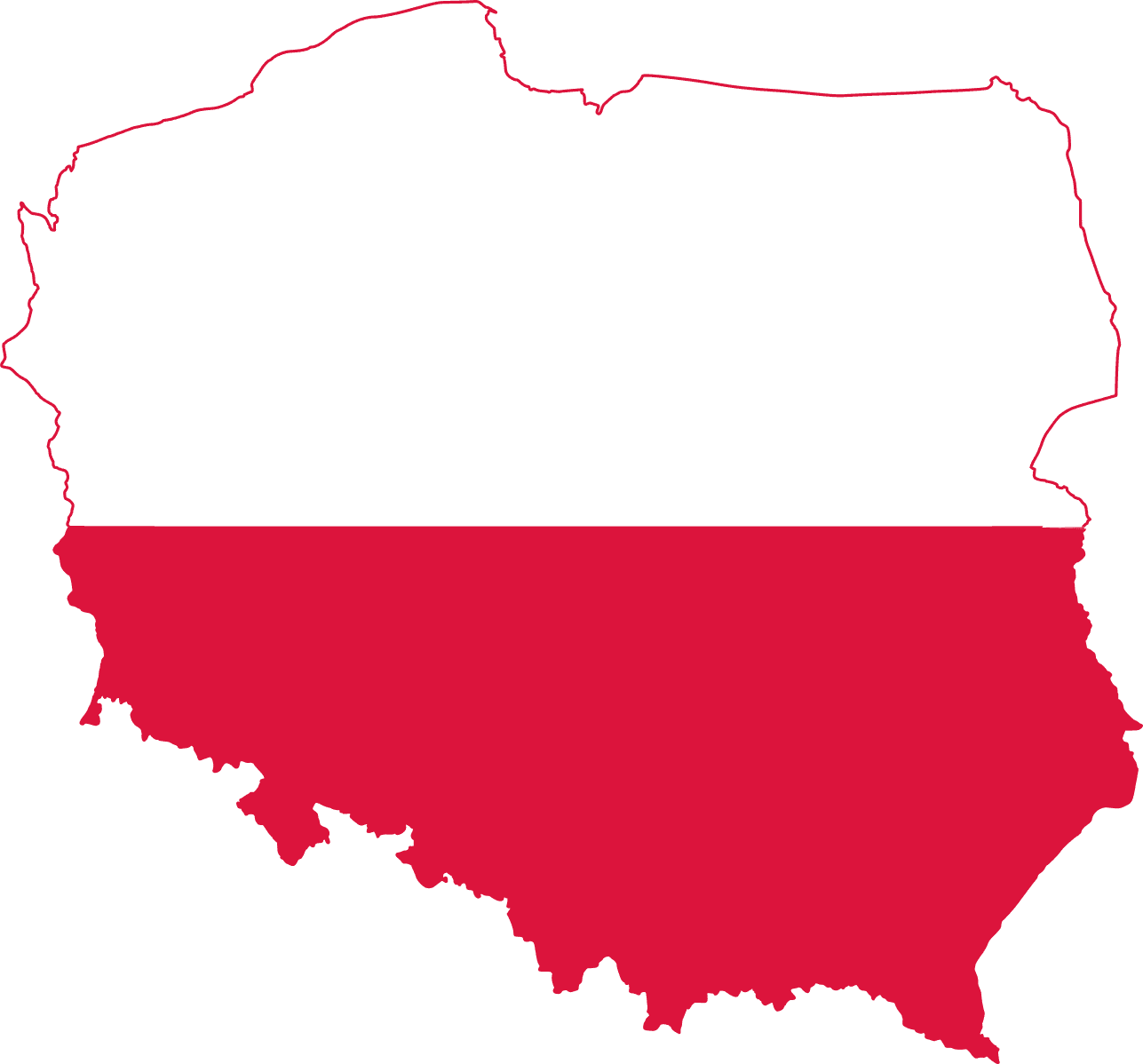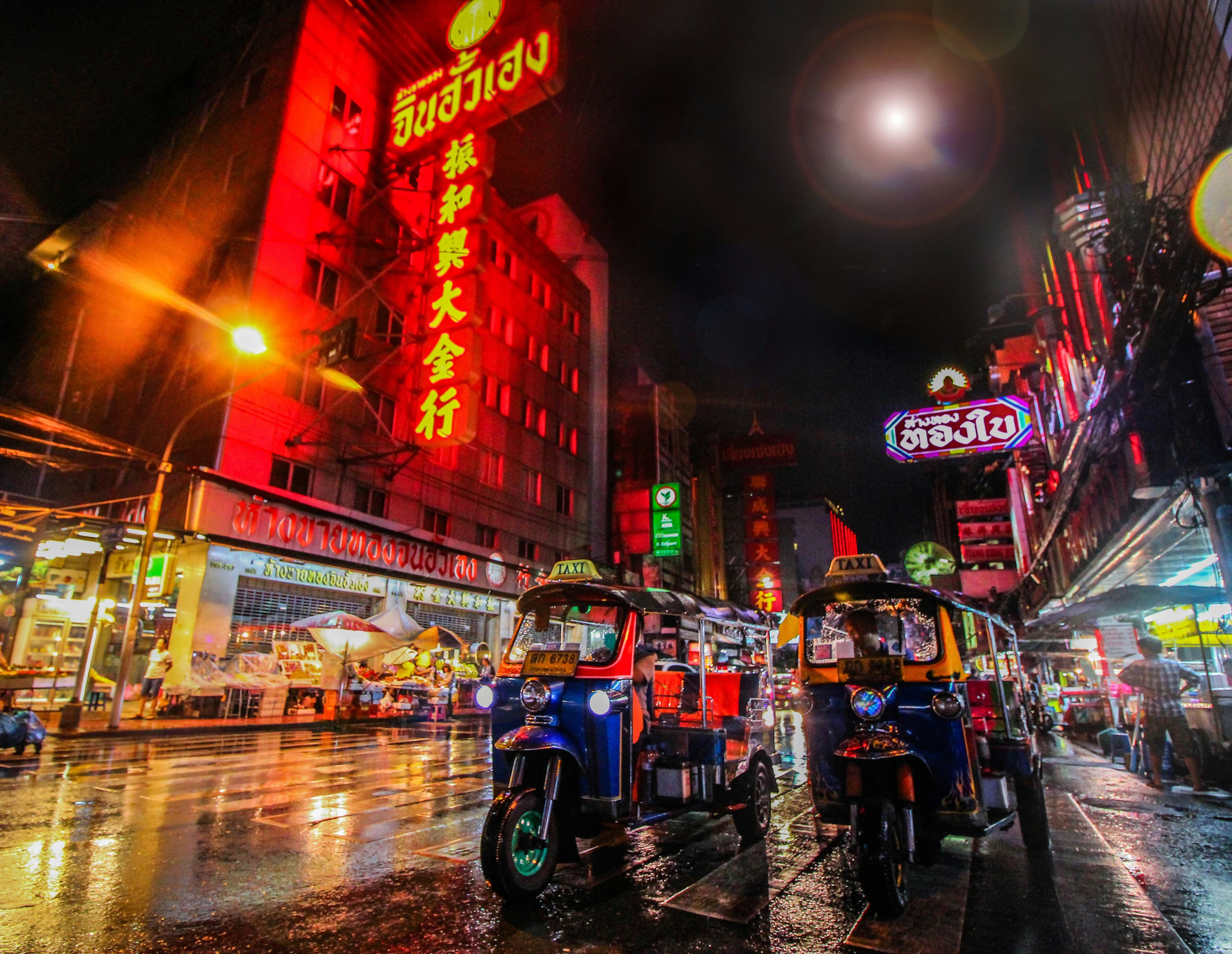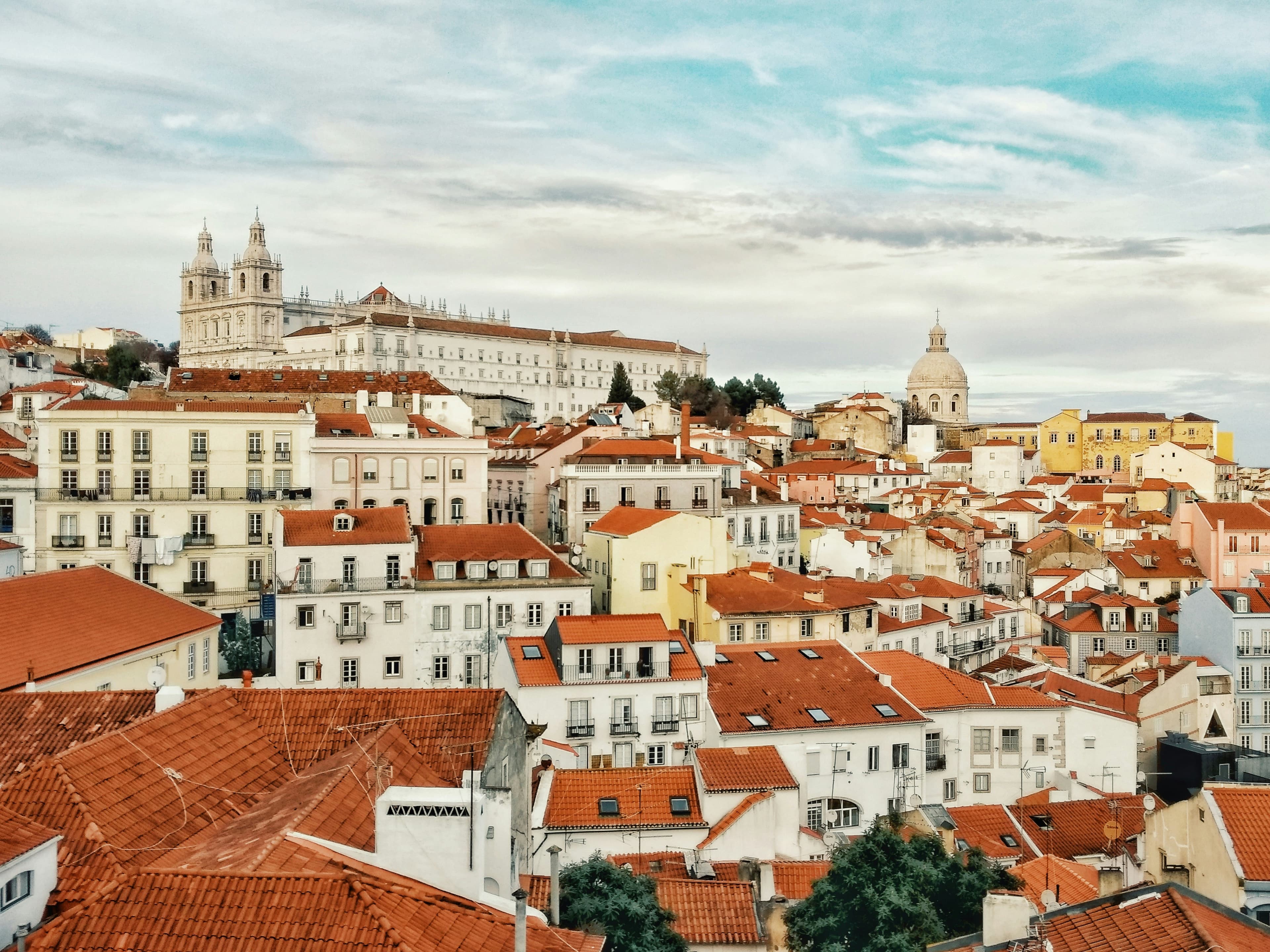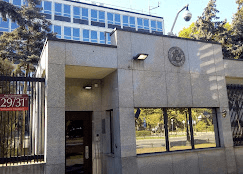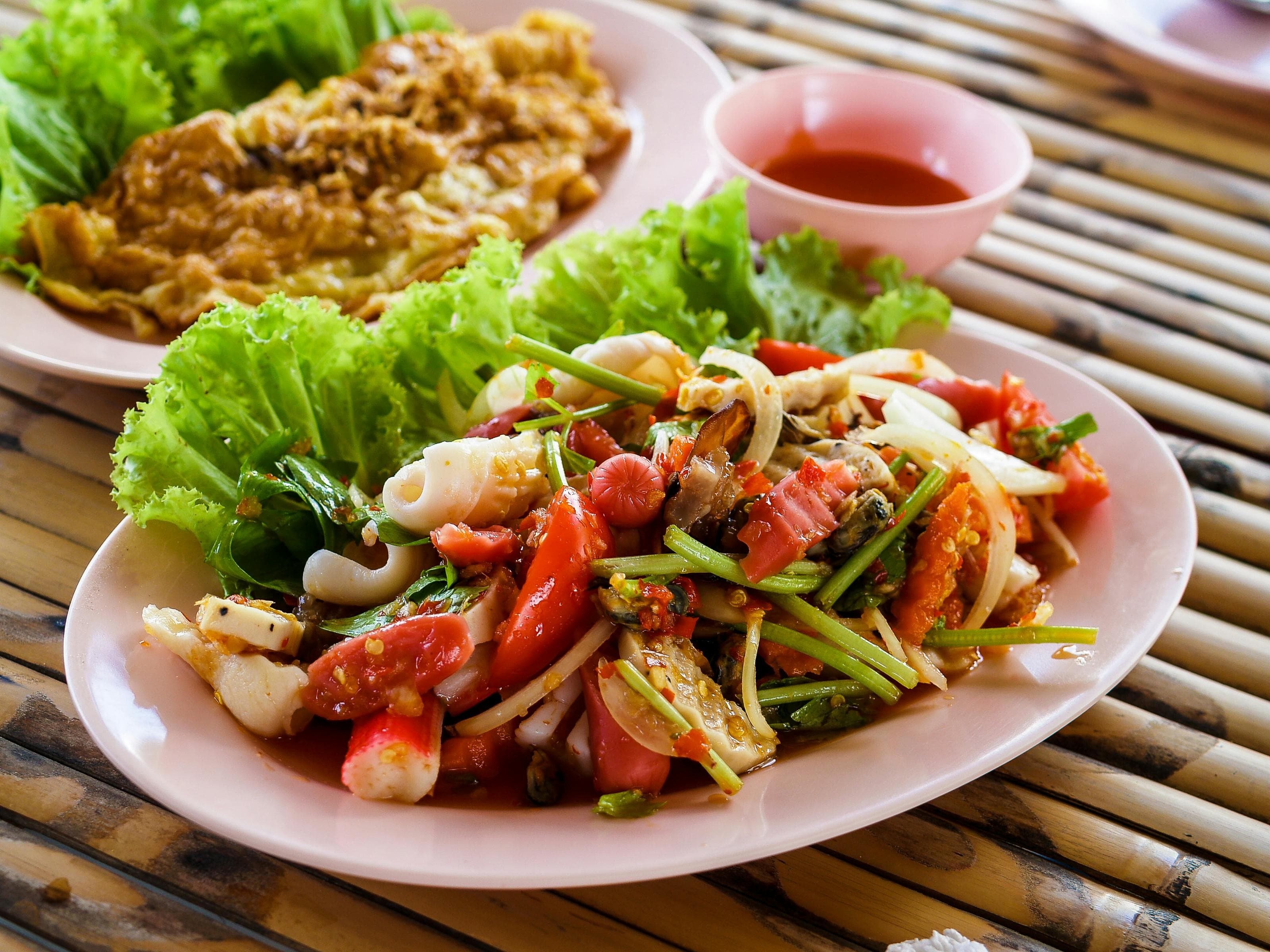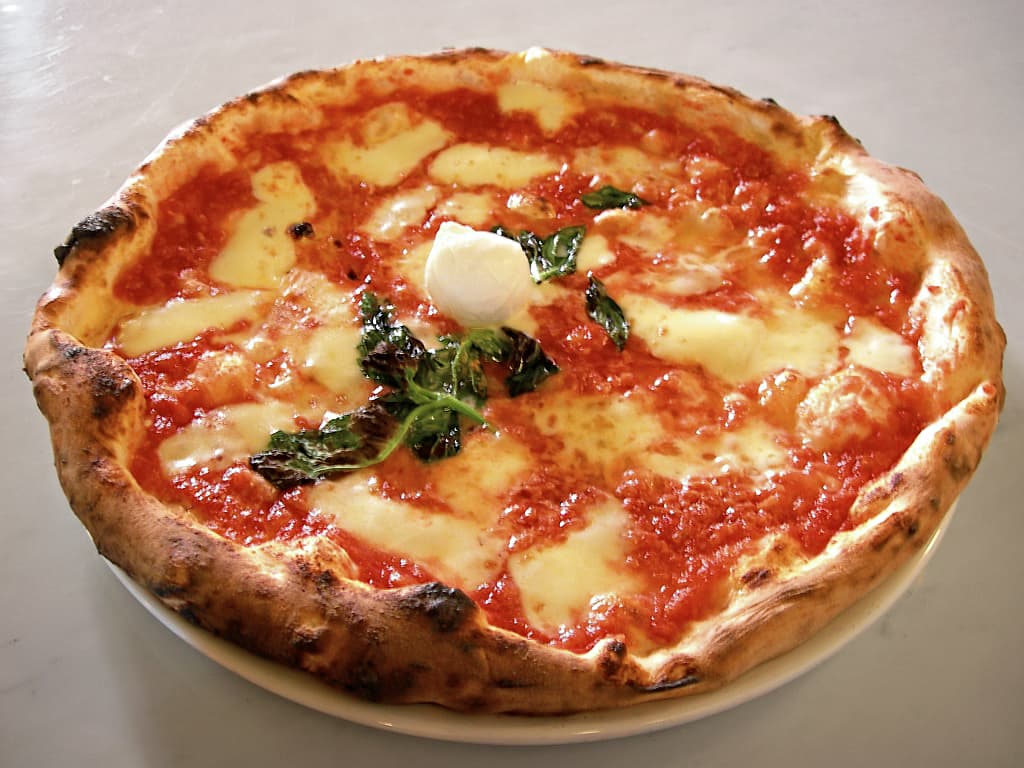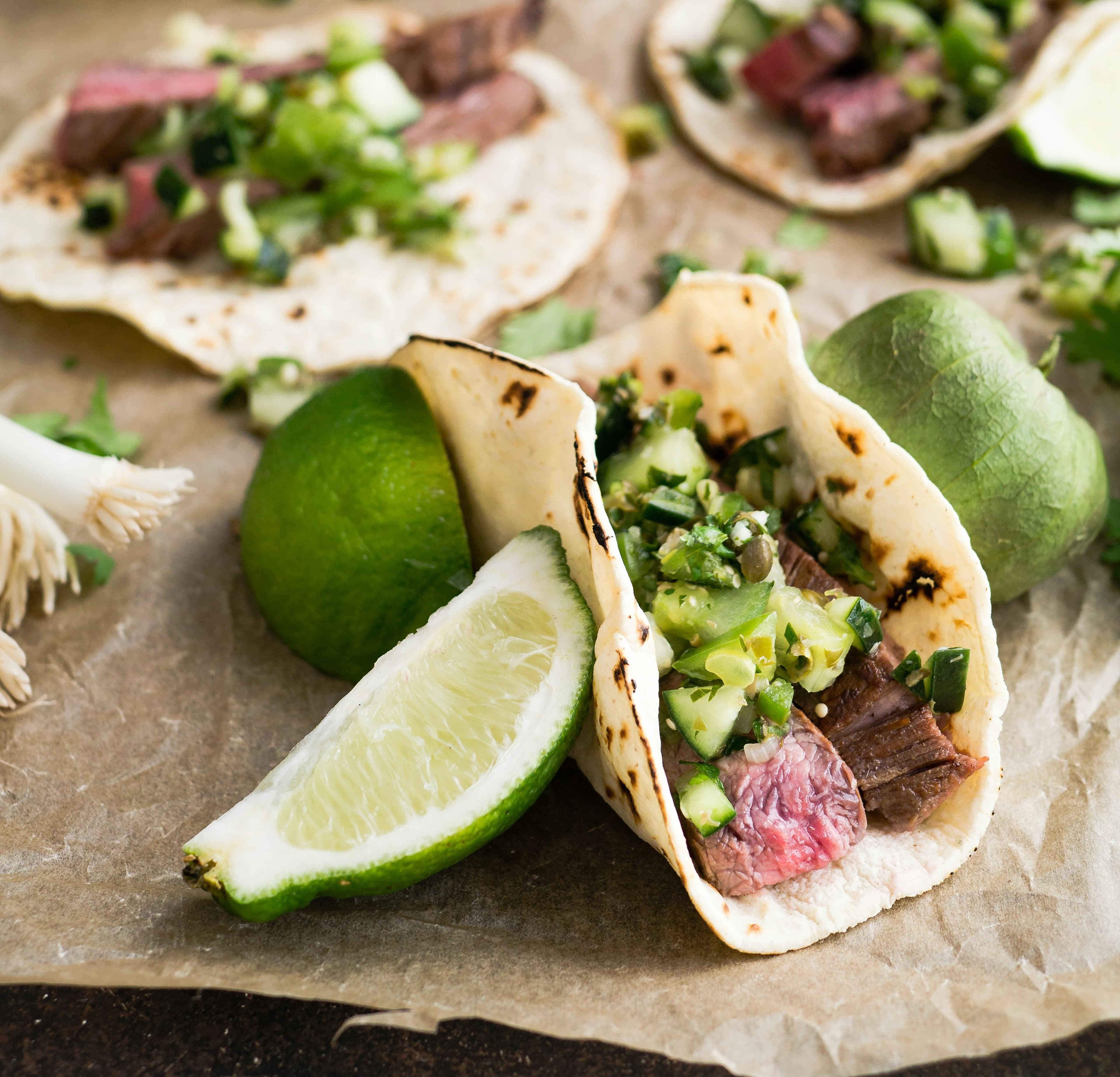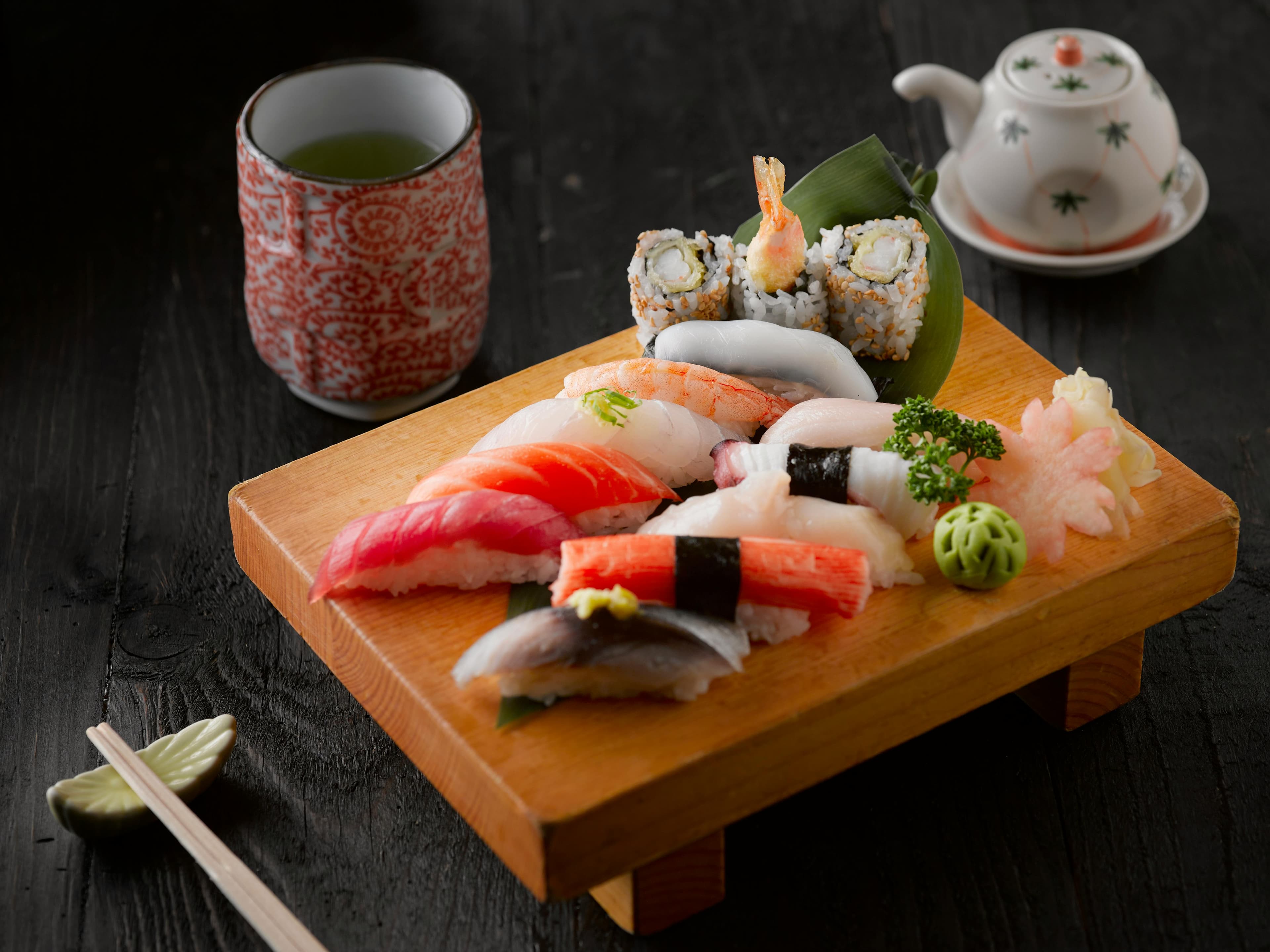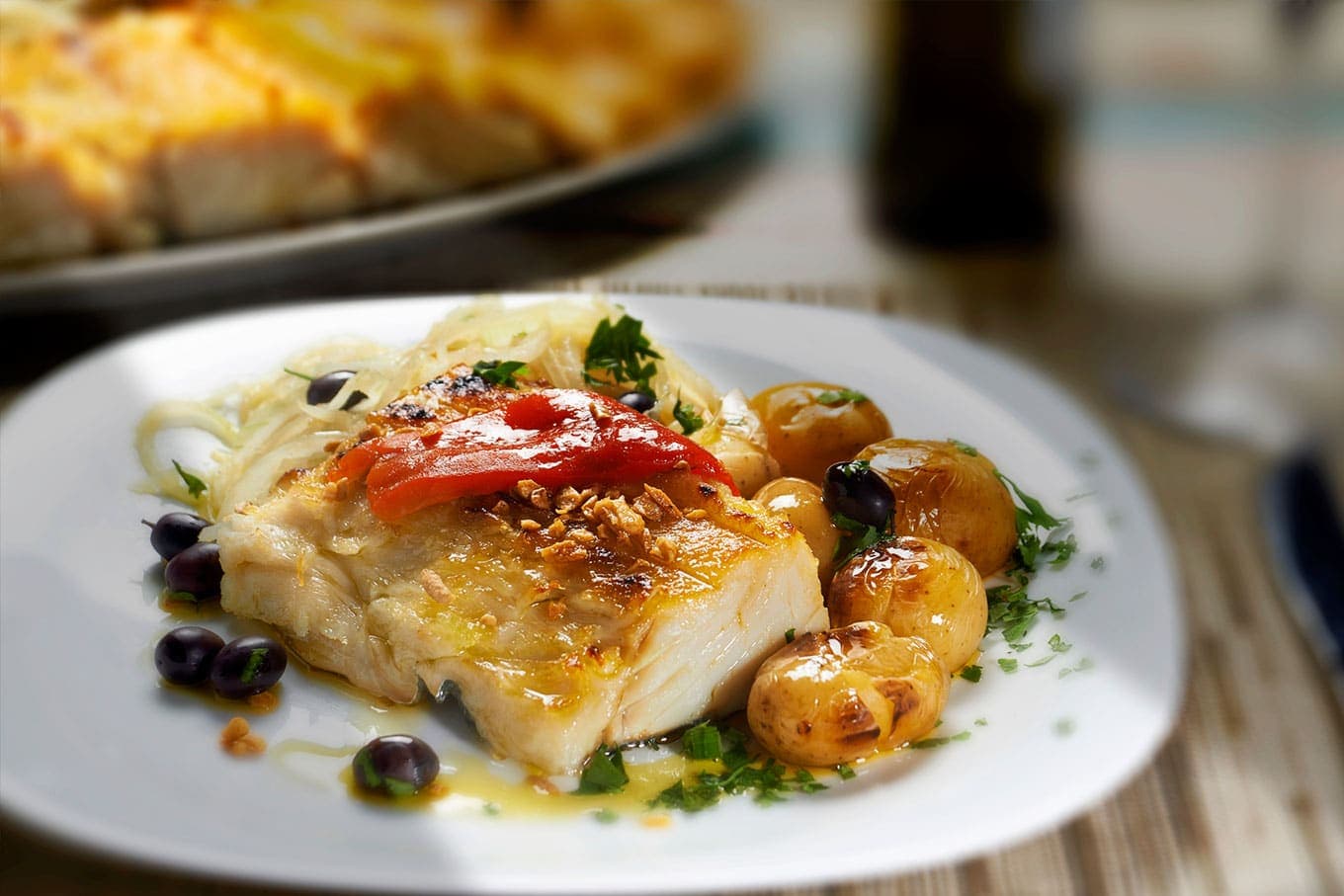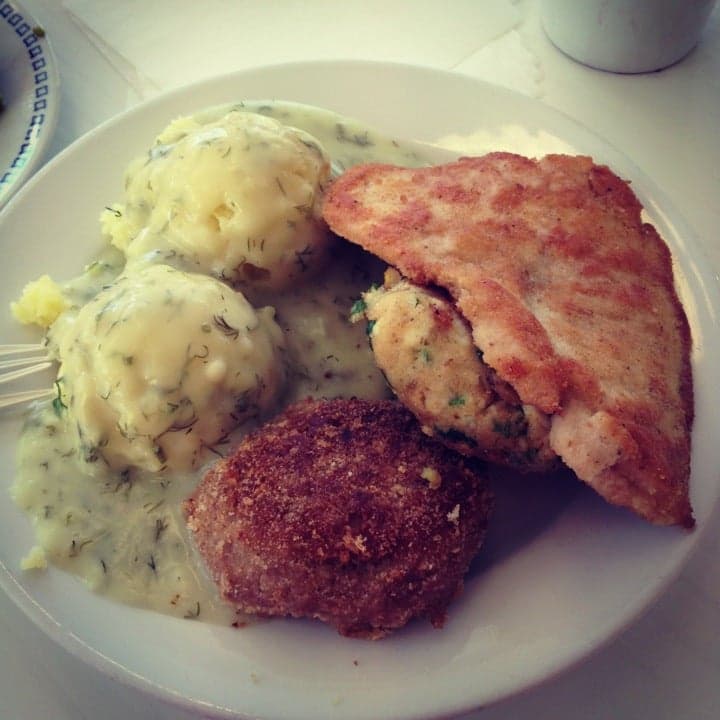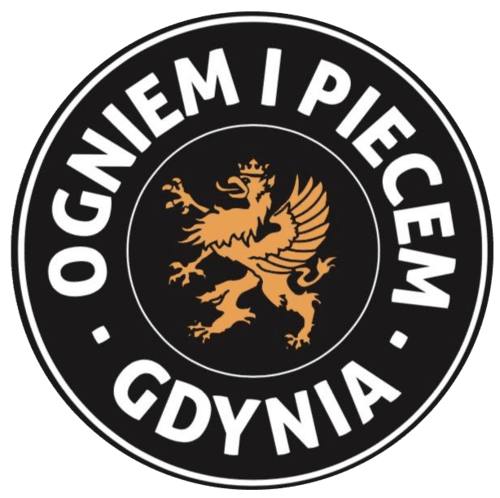Polish Cuisine vs. Warsaw, Poland
Polish Cuisine
Kind of heavy but delicious. Lots of cheese, meat, potatoes and cabbage. Also, many many soups. Pierogi, bigos, kiełbasa, gołąbki, borsch.
Warsaw, Poland
Friendly towards foreigners. Affordable. Most people speak English. Safe. Not great in the winter though. The weather is crap, you never get to see the sun, and air quality gets bad.
| Item | Votes | Upvote |
|---|---|---|
| delicious | 2 |
| Item | Votes | Upvote |
|---|---|---|
| No cons yet, would you like to add one? | ||
| Item | Votes | Upvote |
|---|---|---|
| Fun | 2 | |
| Affordable | 2 | |
| Safe | 2 | |
| Most people speak English | 2 |
| Item | Votes | Upvote |
|---|---|---|
| Practically no sunlight in the winter | 1 |
Frequently Asked Questions
Polish cuisine is known for being hearty and delicious, featuring a lot of cheese, meat, potatoes, and cabbage. It includes many soups and traditional dishes such as pierogi, bigos, kiełbasa, gołąbki, and borsch.
One of the pros of Polish cuisine is that it is delicious, as noted by users. However, some people might find it heavy due to its ingredients, which include a lot of cheese, meat, potatoes, and cabbage.
Living in Warsaw, Poland has several advantages including being fun, affordable, safe, and having a high percentage of English-speaking residents. However, one downside is that there is practically no sunlight during the winter, which can negatively impact mood and air quality.
Yes, Warsaw, Poland is known to be friendly towards foreigners. Most people speak English, making it easier for non-Polish speakers to communicate and navigate the city.
Yes, Warsaw, Poland is considered to be an affordable city to live in, especially compared to other major European capitals.
Yes, Warsaw, Poland is generally regarded as a safe city with low crime rates, making it a secure place to live and visit.
The weather in Warsaw, Poland during the winter is not ideal. There is practically no sunlight, and the air quality can deteriorate, impacting overall comfort and mood.
